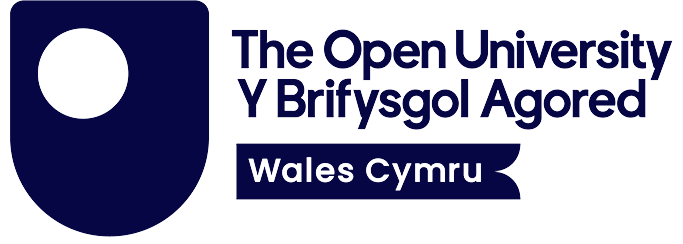The Physics Mentoring Project’s evaluation report for academic year 2022 – 2023 has been released by the project’s external evaluators, Ondata Research Ltd.
The annual report details the impact of the seventh and eighth cycles of the project. For the first time, schools were offered blended mentoring. This has meant that we have been able to become a fully pan-Wales project, delivering mentoring to more remote parts of the country. Around 320 mentees from 26 schools took part.
As in previous reports, a range of results have been used to evaluate the project. This includes qualitative data from the pupil censuses, mentor/mentee reflection forms, and teacher surveys, as well as quantitative data from pupil pre- and post-participation.
Impact on Mentees
The main aim of increasing Physics uptake post-16 has continued to be successful. There has been a shift away from those who are unsure about their future and an increase in those indicating they ‘probably or definitely will’ choose Physics A-level, as well as an increase in those who intend to pursue a career in STEM. Both of these are positive when compared with non-mentored students. Schools who have been participating for longer than one mentoring cycle have a much lower level of uncertainty amongst respondents and have more positive attitudes in general than those who are joining the project for the first time.
Additional impacts have included broadening the awareness of STEM pathways and contributing to a growth in science capital: “I’ve learnt that physics is a part of every career. Rethinking what my choices will be for sixth form, considering taking physics for A level again.”
The project has also been successful in its aim to increase the mentee’s’ belonging and confidence in STEM. The sessions have successfully challenged some perceptions about what being a physicist means:, “I think these lessons have helped me to see a different side of physics and how it is part of daily lives and is involved in things/jobs you wouldn’t think about.”. In terms of engagement in lessons and confidence in relation to physics, the mentees reported feeling more able “to now understand more to do with physics and what we do in actual physics lessons”.
Interest towards a science-related career is also significant, with the evaluation showing a clear difference in intentions and attitudes between mentee and non-mentee learners. The evidence shows that with the mentored learners there is a clear shift towards more positive attitudes compared to non-mentees who remained unsure.
Impact on Teachers and Schools
The feedback from schools in Cycle 7 and 8 has been very positive. Teachers involved with the project state that it is a way to provide opportunities to broaden students’ awareness and opportunities beyond compulsory education: “They have become more confident in their ability in science, and has made more of the mentees think about taking scientific subjects at GCSE and beyond.” When asked about the impact of the mentoring project on their learners, there were several comments from teachers around confidence: “More positive attitude towards physics and science more generally.”.
Overall, teachers see the project as something positive for their learners: “It’s an excellent project to raise the profile of Physics. It provides students with the opportunity to see Physics in a different light. Being able to communicate with mentors is extremely beneficial and they are closer to the ages of the students who take part in the project. The mentors echo what we as teachers are trying to convey but I feel that this has a big impact as students see the mentors more as a peer than a teacher.”.
Impact on Mentors
The Project continues to have a positive impact on Mentors. The evidence continues to show mentors have increased confidence and develop their employability skills, and that the experience of mentoring is an extremely positive one: “I think mentoring will be helpful with getting me ready for the world of work, not just working with younger people”. For those interested in teaching it provides direct experience of working in schools: “Mentoring helped me understand a bit more about what teaching will be like and the work needed”.
One of the reasons the mentoring programme is successful is the mentor engagement with training: “Training was very beneficial and really helped in making the session go smoothly”.
The Physics Mentoring Team are very happy with the results published, and you can read the report in full here.





